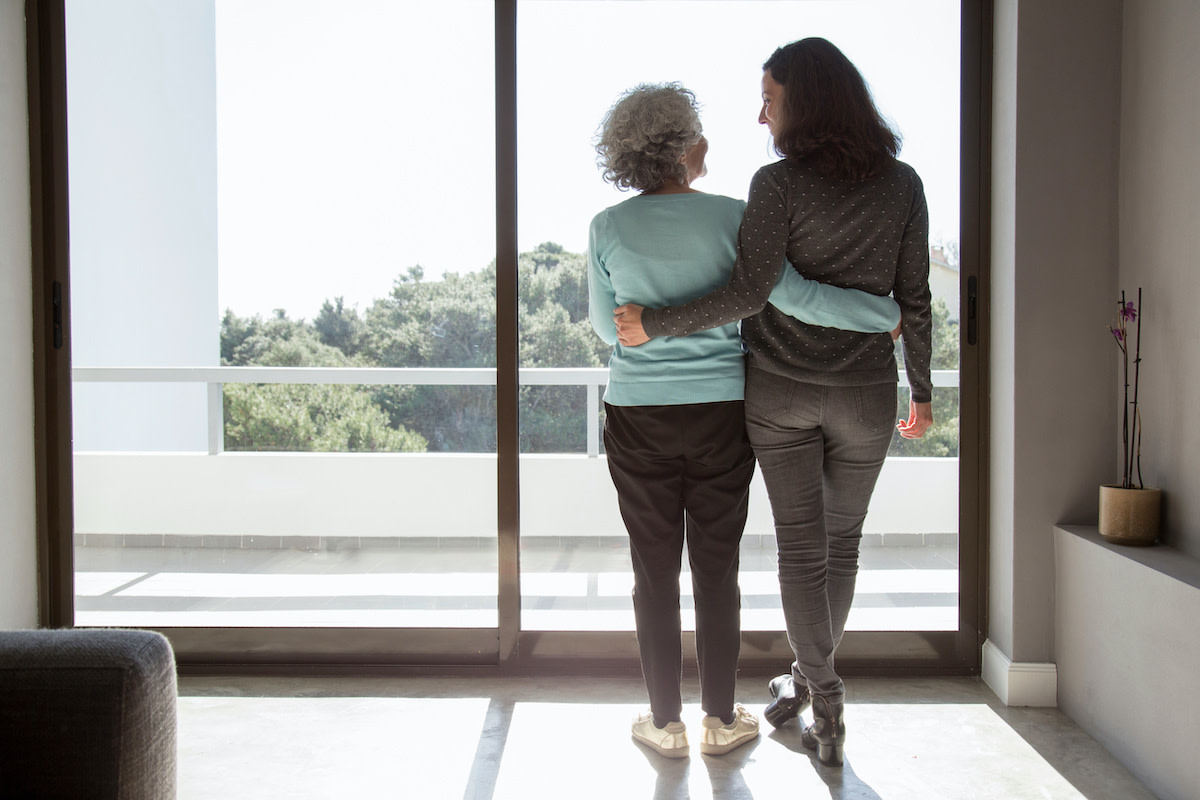How to Be Kind: 6 Ways to Be Kind
Written by MasterClass
Last updated: Nov 3, 2022 • 3 min read
Focusing on kindness can help make you a better person, encouraging you to be more generous and patient with the people around you. Here are a few tips for how to be kind in your life.
Learn From the Best
What Does It Mean to Be Kind?
Being kind is the practice of being generous and considerate to everyone in your life, from yourself to the strangers you pass on the street. A kind person puts forth positive energy into the world, offering others empathy and appreciation without expecting specific rewards in return.
How to Be Kind: 6 Ways to Be Kind
Here are a few tips to practice kindness in your everyday life and help others do the same:
- 1. Give others the benefit of the doubt. It’s easy to judge people and situations prematurely without having all the facts. Remember that other people can go through difficult times just like you. If someone treats you unfairly or ignores you, there may be a hard battle in their life that’s making it more difficult to be kind, whether it’s a mental health challenge or a bad day. Be kind by giving them the benefit of the doubt rather than jumping to conclusions and getting upset.
- 2. Identify your biases. Sometimes, you may have unconscious obstacles to your empathy that prevent you from practicing unbiased, true kindness. Think about the small decisions you make in your life and whether you may have prejudices. Consider taking an unconscious bias course to learn how to overcome these biases, so you can be kind to everyone—regardless of gender, race, sexual orientation, ability, or other characteristics.
- 3. Practice gratitude. Kindness can stem from the feeling that you have enough of what you need—whether tangible items (like food or income) or intangible things (like respect or love). To help yourself become a kinder person, regularly practice gratitude to remind yourself of all the good things you have. Make a list of things you’re grateful for and put it in a prominent place in your home to serve as a regular reminder.
- 4. Start with self-compassion. Being kind to everyone in your life includes being kind to yourself. Remember to prioritize your own physical and emotional well-being, and employ the same kindness techniques on yourself that you would for friends, family members, loved ones, and others. Your self-care tactics may include complimenting yourself to boost your self-esteem, treating yourself to an activity you enjoy, or encouraging yourself to take time each day to relax and unwind.
- 5. Think about how others want to feel. The “golden rule”—you should treat others the way you want others to treat you—is a great place to start when performing kind acts. However, a valuable variation can help increase the effectiveness: think about what others ask for and treat them the way they want. Everyone has different preferences and love languages, and sometimes what they want is different from what you would like in the same situation. To spread kindness, make a conscious decision to meet their needs. For example, if you know your partner prefers acts of service over gifts, try to perform a small service (like offering to clean up) rather than giving presents, even if you prefer to receive gifts.
- 6. Try random acts of kindness. Random acts of kindness are the good deeds you do without any prompting or expectation of something in return. These can be simple acts that help people in small ways. For example, you may let a stranger ahead of you in the grocery store checkout, give a small gift to your partner, pay for someone’s cup of coffee, bake brownies for a struggling friend, reach out to someone who seems lonely, or send a kind note to your coworker’s inbox. Small acts of kindness are a simple way to remind others they are deserving of love, and they can encourage others to do the same for the people around them, generating a far-reaching positive impact.
Want to Learn How to Be More Empathetic?
Practicing empathy can help you lead more effectively while building stronger relationships across the personal and professional facets of your life. Challenge your perceptions with the MasterClass Annual Membership and take lessons on emotional intelligence from Pharrell Williams, Roxane Gay, Gloria Steinem, Dr. Cornel West, Walter Mosley, Robert Reffkin, and Robin Arzón.
